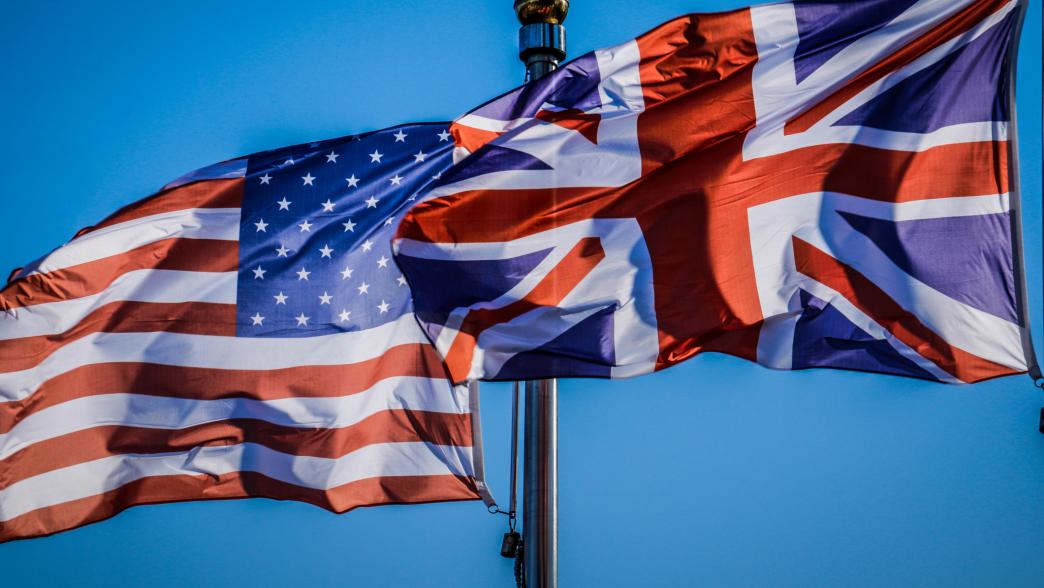Comment
A quick US trade deal will signal that the UK is easy prey

Theresa May wants to conclude a US agreement within two years. But Oliver Ilott argues that Whitehall is not ready. [This piece first appeared in Times Red Box.]